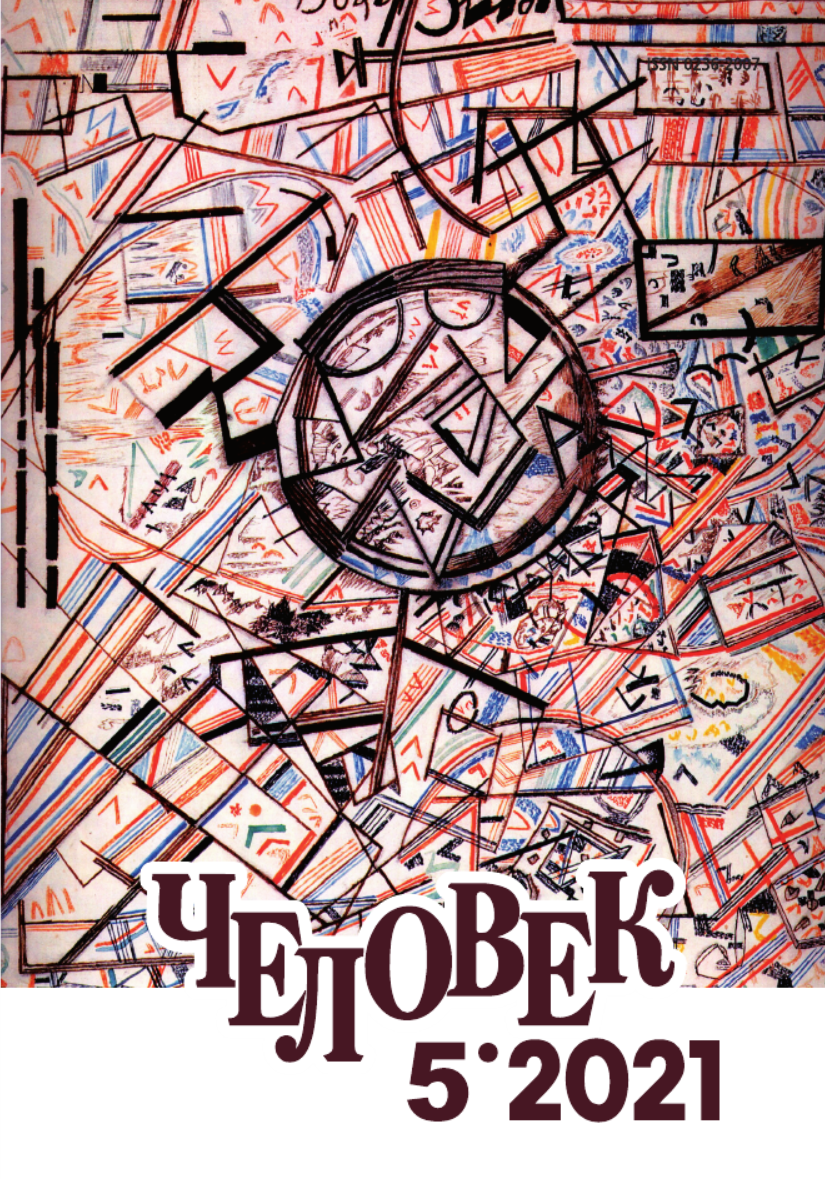From Analytical Anthropology to Generative Anthropology
Keywords:
anthropology, media, elemental, component, technics, gathering, dispersion, poesis, techne, molecular unrepresentability, generativityAbstract
This article discusses the role of the technical in V.A. Podoroga's project of studying the literature worlds as archives of human experience. On the level of content, among many other components of these worlds he distinguished working and non-working machines, “gizmos” and various optical devices, including the mechanic eye, camera, mounting, etc. Formally, the action of these machines can be assessed as alienation, though in the context of modern media studies and exploration of the perspectives of anthropology, they can also be described as a problematic contact zone between the human and non-human, with a bias towards breaking the already historically disrupted bodily-affective interaction with the “outside”. Studies of Andrei Platonov's show the most radical interaction with the technical, in this case causing dissimilation of the human. However, even for this “inhuman” material, Podoroga chooses a form of human-measured approximation and distancing, which allows defending the position of an active researcher, observer, anthropologist. His efforts produce a kind of reconstruction, which at a certain time distance reveals the “seams”, “folds”, “cuts”, “plexuses”, “gaps” that formed at once the experience of the body and experience of writing. This is how the components of literature worlds are extracted, and from them “a picture of the universe can be deduced”. Although an external position to technics is considered to be the only guarantee of the human, even if it is strange, symptomatic, seizure-like, a different understanding of the technical is possible. Without claiming that a “machine” can assemble components in the absence of the observer's (reader's) comprehension ability, it seems nevertheless possible to relate the technical to more general principles: the methods of dispersion and gathering that form the form, the principles of intervalization and binding the heterogeneous, and most importantly, the principle of generating conditions for detecting an event. Then it will be necessary to clarify the relationship between techne and literature in the broader sense of poiesis, in the process of which elements can be formed from the indivisible “compressed”.






